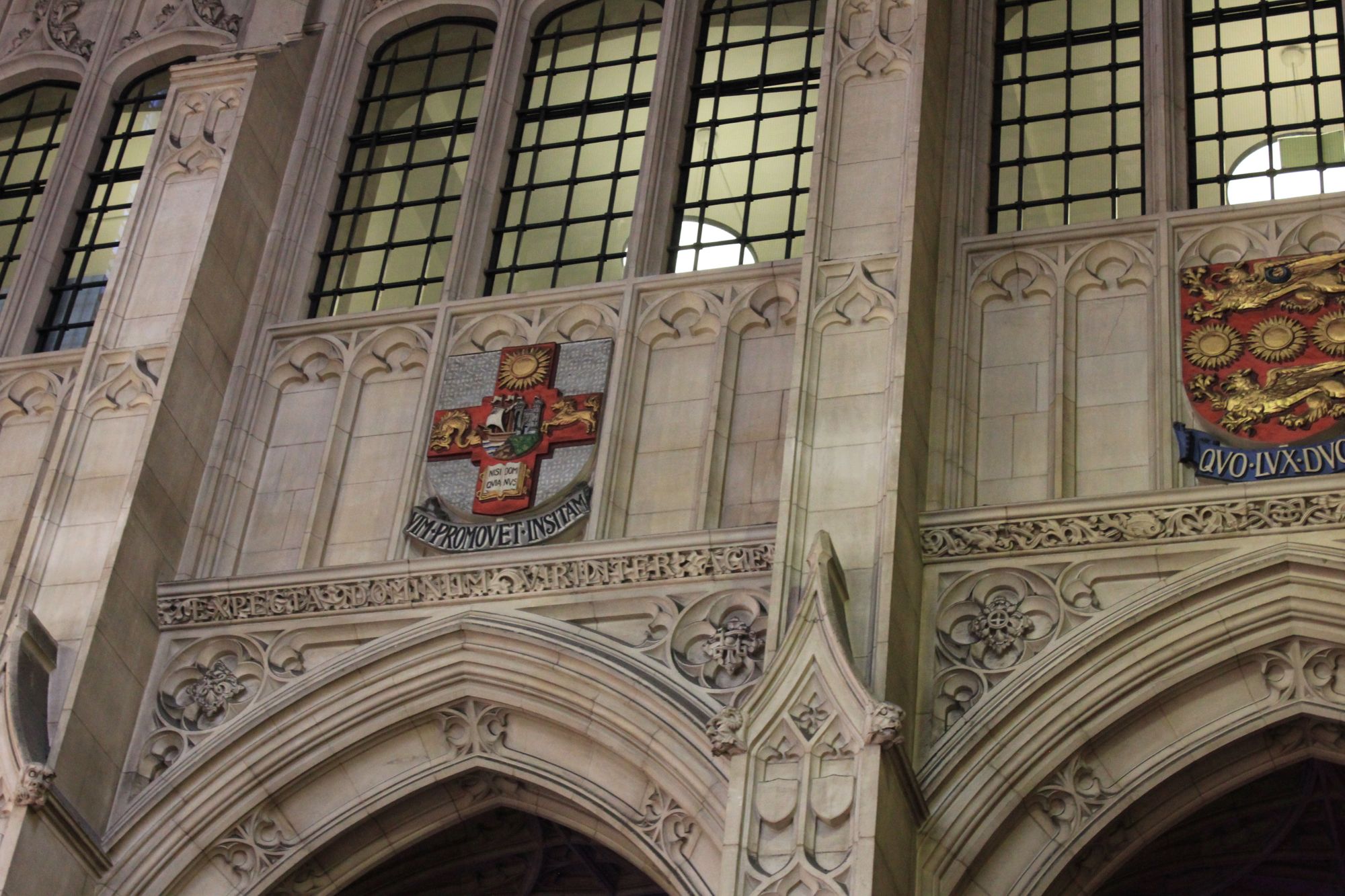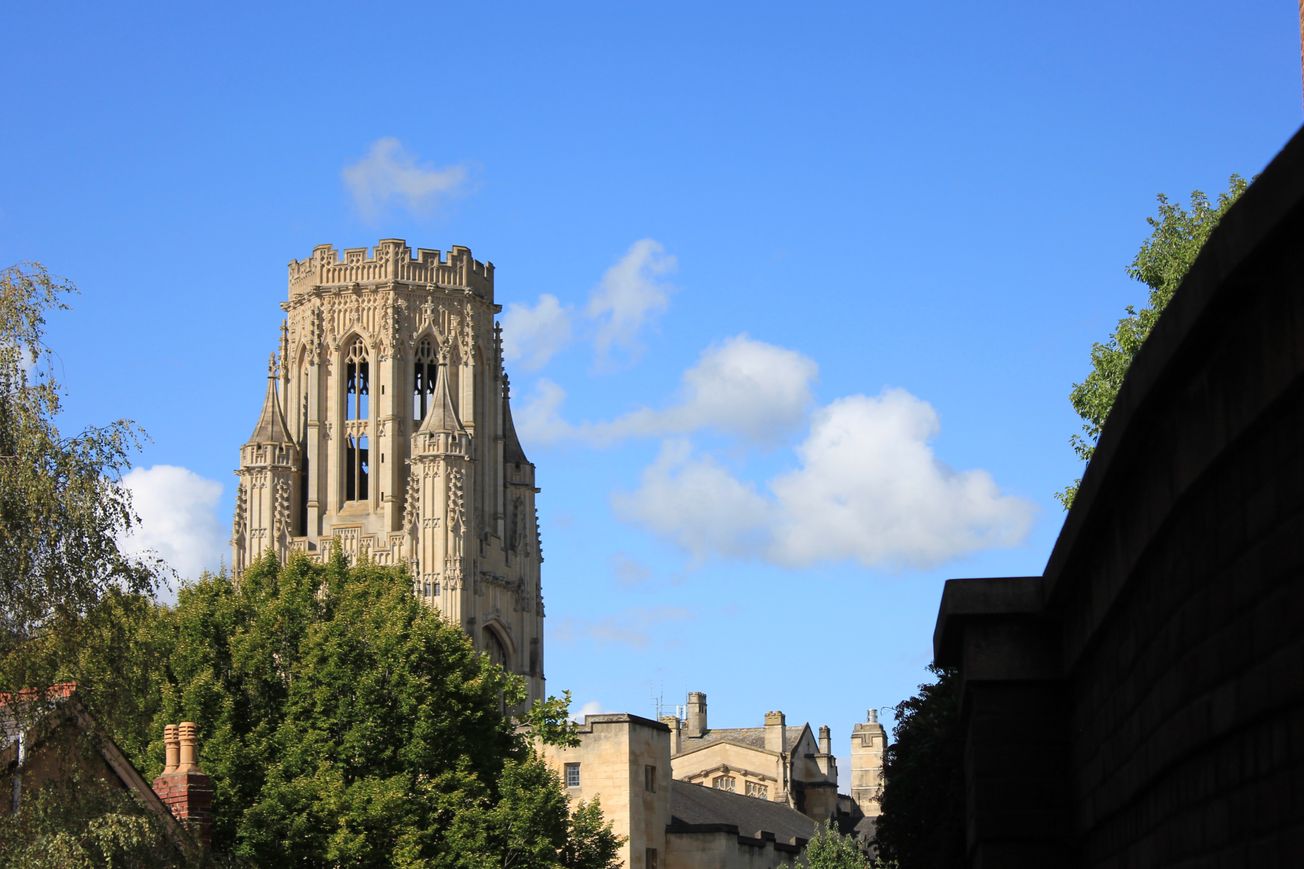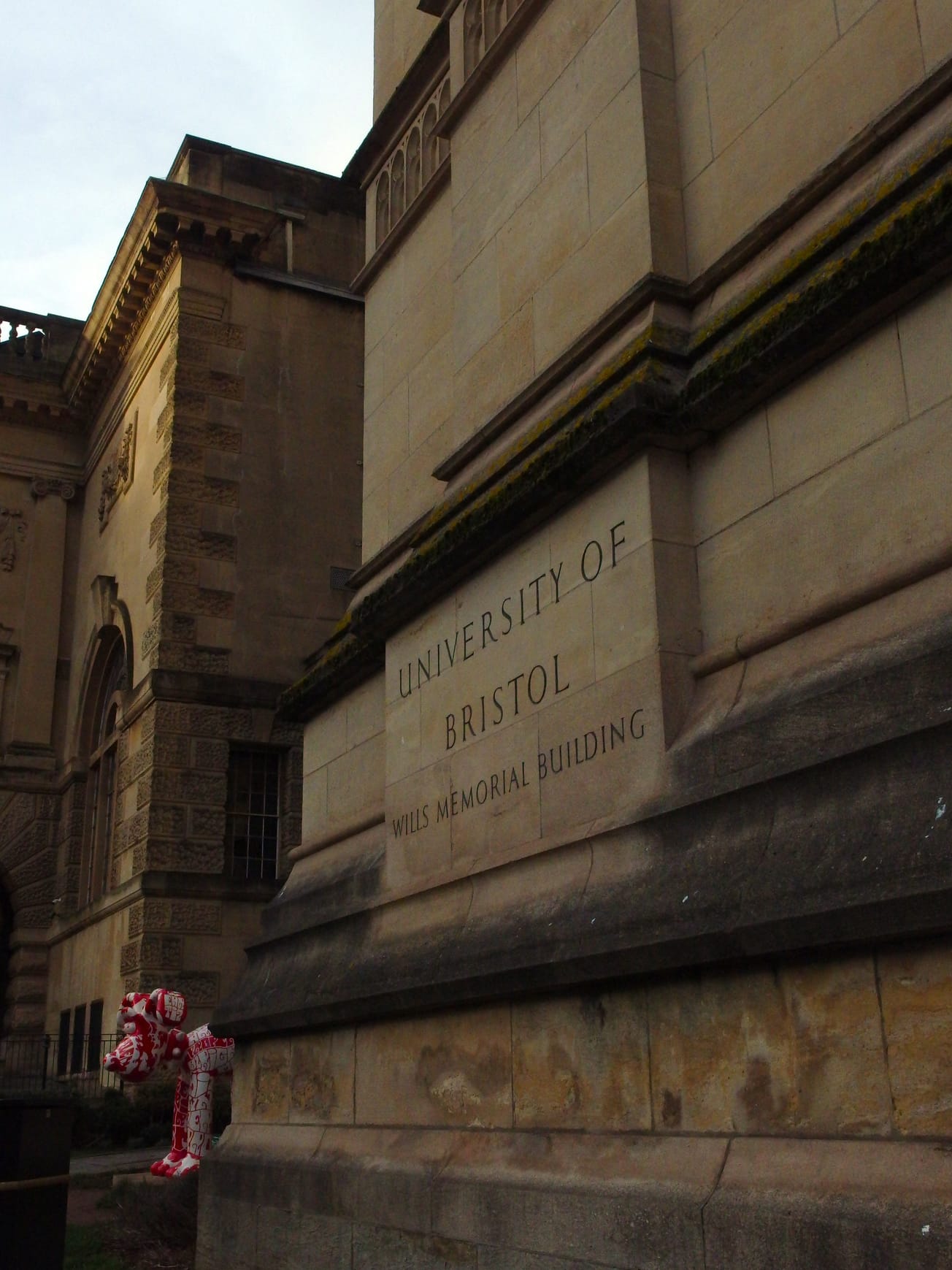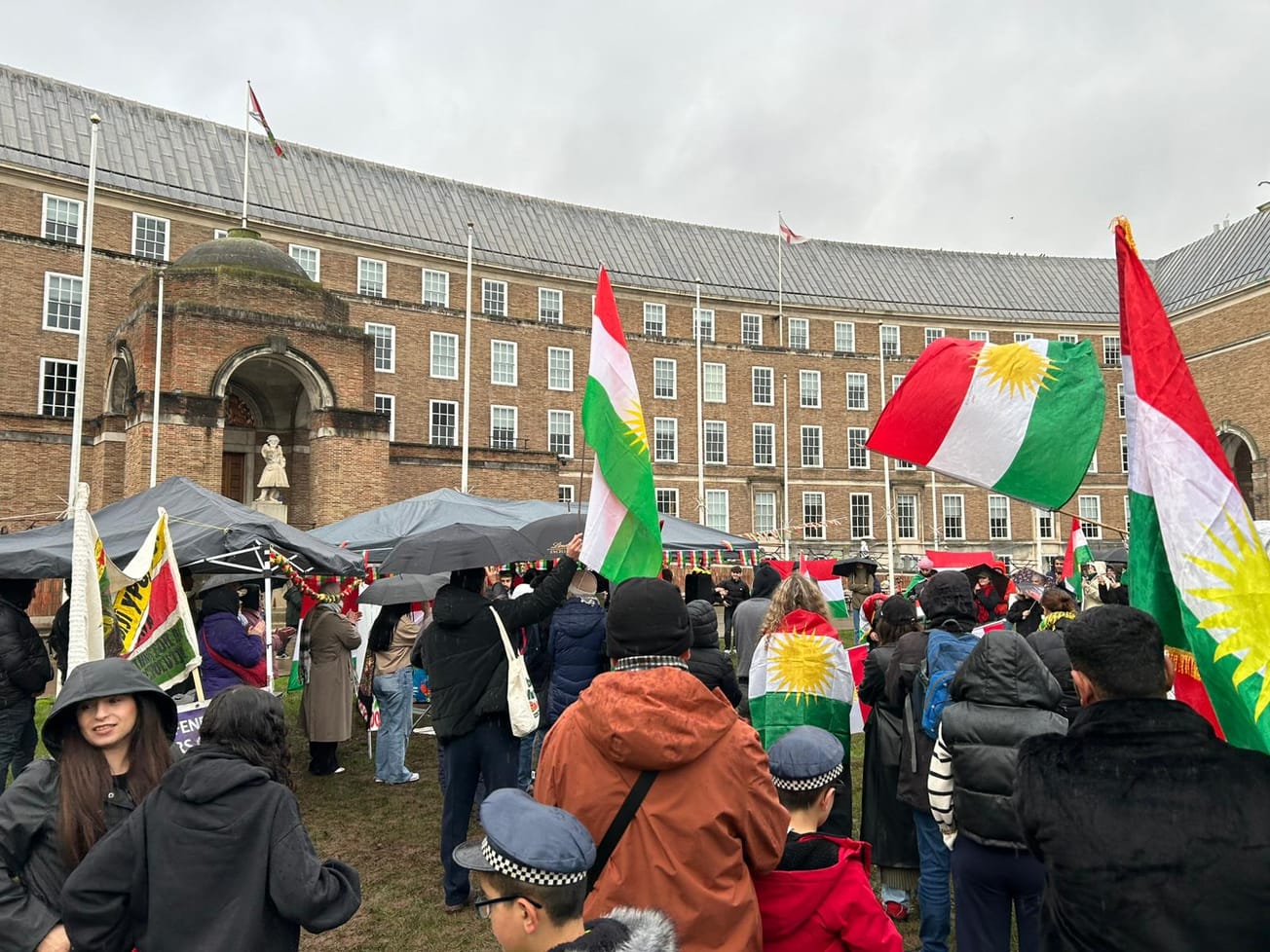By Filiz Emily Gurer, News Editor
In an email addressed to students yesterday, the Vice-Chancellor and Pro Vice-Chancellor declared the University’s determination to become an 'anti-racist organisation'.
The letter from the Vice-Chancellor, Hugh Brady and Pro Vice-Chancellor, Sarah Purdy, states that the University recognizes how money from the transatlantic slave trade indirectly benefitted the University as an institution through philanthropic donations.
Referencing last weekend’s BLM protests in Bristol, the letter acknowledges that Edward Colston’s legacy in the city is a controversial one and commits to reviewing the names of University buildings such as Wills Memorial Building, Wills Hall and the Colston Street accommodation.
It also promises to review the University’s logo, which carries links to the slave trade.

The letter states that University welcomes debate on this matter and aims to involve staff, students and alumni in discussions around any changes, saying that it will ‘consider the arguments for and against renaming and decide whether or not to make a change.’
A group set up previously to explore these issues led to the creation of a new post of the Professor of the History of Slavery in January. Professor Olivette Otele, who is the first appointment to this role, is working with all stakeholders in order to ‘shape a wide range of race equality measures that will create a more inclusive University.’
Otele was also last week appointed as Independent Chair of Bristol City Council’s Commission on Race Equality.
To further the University’s commitment to become an ‘anti-racist organisation’, a steering-group involving students will be set up to tackle racism, at individual, cultural and structural levels.
The letter describes the University’s actions to date towards this goal, which include the following:
- Launching an online Report and Support service to report specific incidents
- Funding research internships and paid experience in research for new graduates to enable more BAME students to continue to post-grad study
- Setting a target to eliminate the BAME awards gap at the University by 2025 and developing a comprehensive action plan addressing this, informed by research by Bristol SU
- Beginning the task of decolonising the curricula, a process which will be led by Bristol academics
- Working in collaboration with Bristol SU and the student BME Network to improve BAME student experience
- Facilitating staff training on issues regarding race equality through instruction delivered by SARI; and intercultural awareness training delivered by Kynfolk
The #BlackLivesMatter campaign has served to amplify existing concerns about the University’s history and whether we should rename buildings named after families with links to the slave trade. We commit to reviewing the names as well as our University logo. (1/3)
— Bristol University 🎓 (@BristolUni) June 11, 2020
Recognising in the letter to students that the senior management of the University are at present all white, the VC’s state their determination to use their position to enact change which will ensure that BAME colleagues can and do progress to leadership positions.
The letter emphasizes the need for every individual to actively challenge racism, as expressed in the press statement on the University’s website: ‘It is the responsibility of us all to eradicate racism.
‘We will continue to challenge this through our research, our education, and our civic engagements.
‘We are fully committed to working with our staff and students, our Students’ Union, and the wider community to continue to address issues of racism and inequality.’
Commenting on student diversity at Bristol, the University said that it is ‘committed to attracting the very best students to [the] University and city from diverse backgrounds.
‘This includes increasing the proportion of Black students at Bristol and ensuring they succeed in their studies and beyond university into their careers.
‘In the past five years we have seen a 44% increase in BAME student enrolments, and we are committed to continuing this work to further diversify our student intake.’
Featured Image: Epigram / Cameron Scheijde
What do you think about the letter to students?









